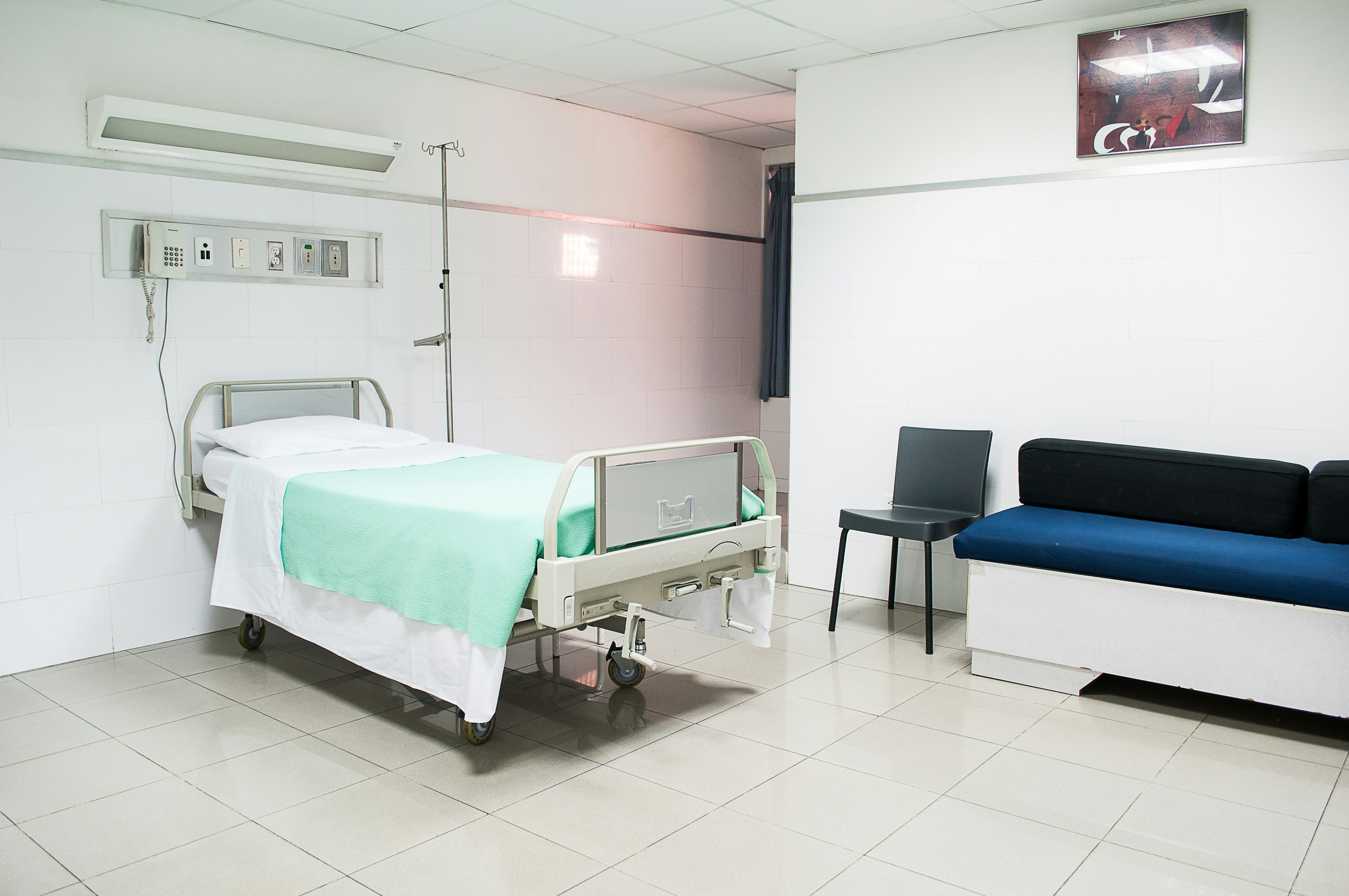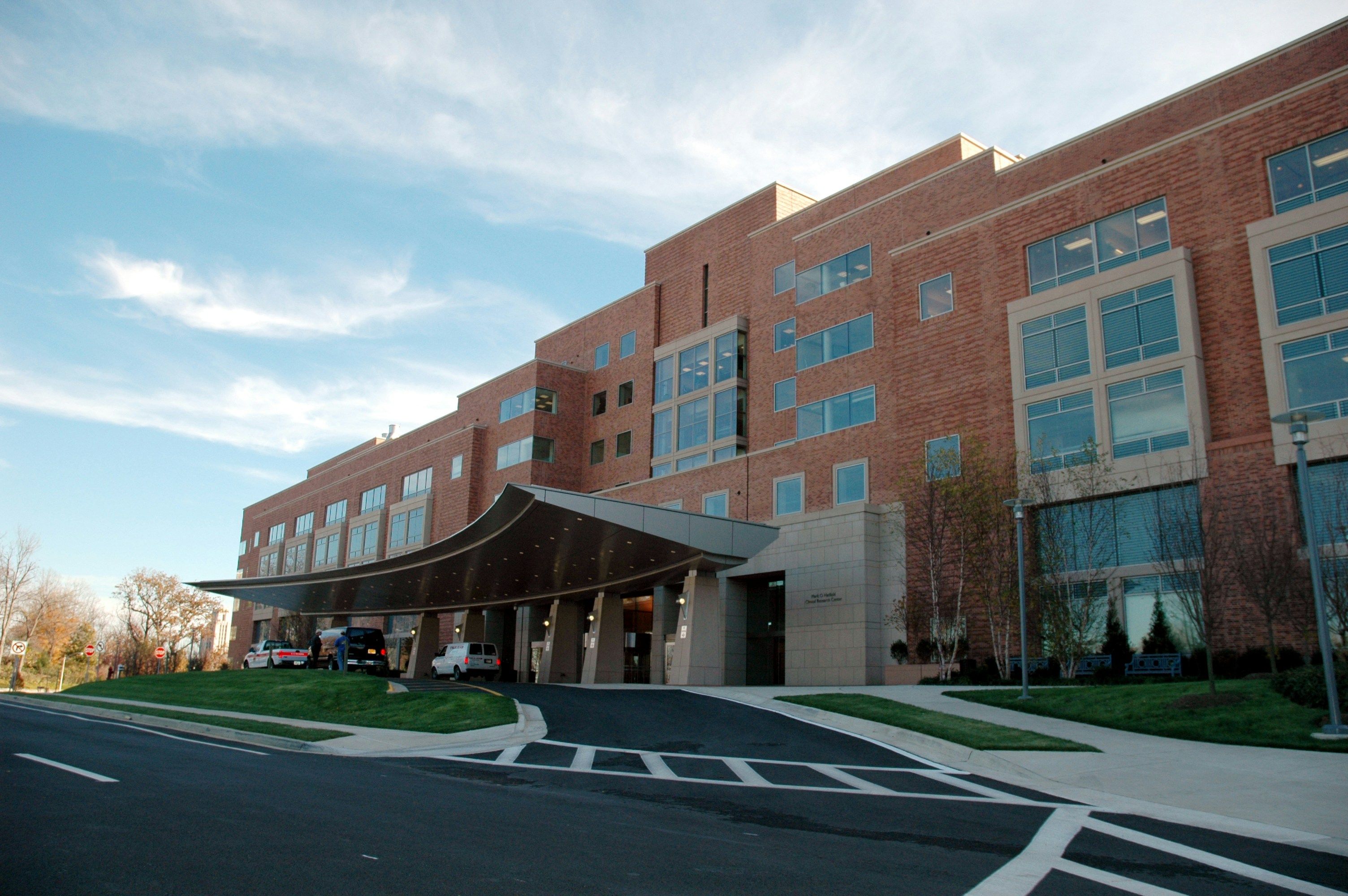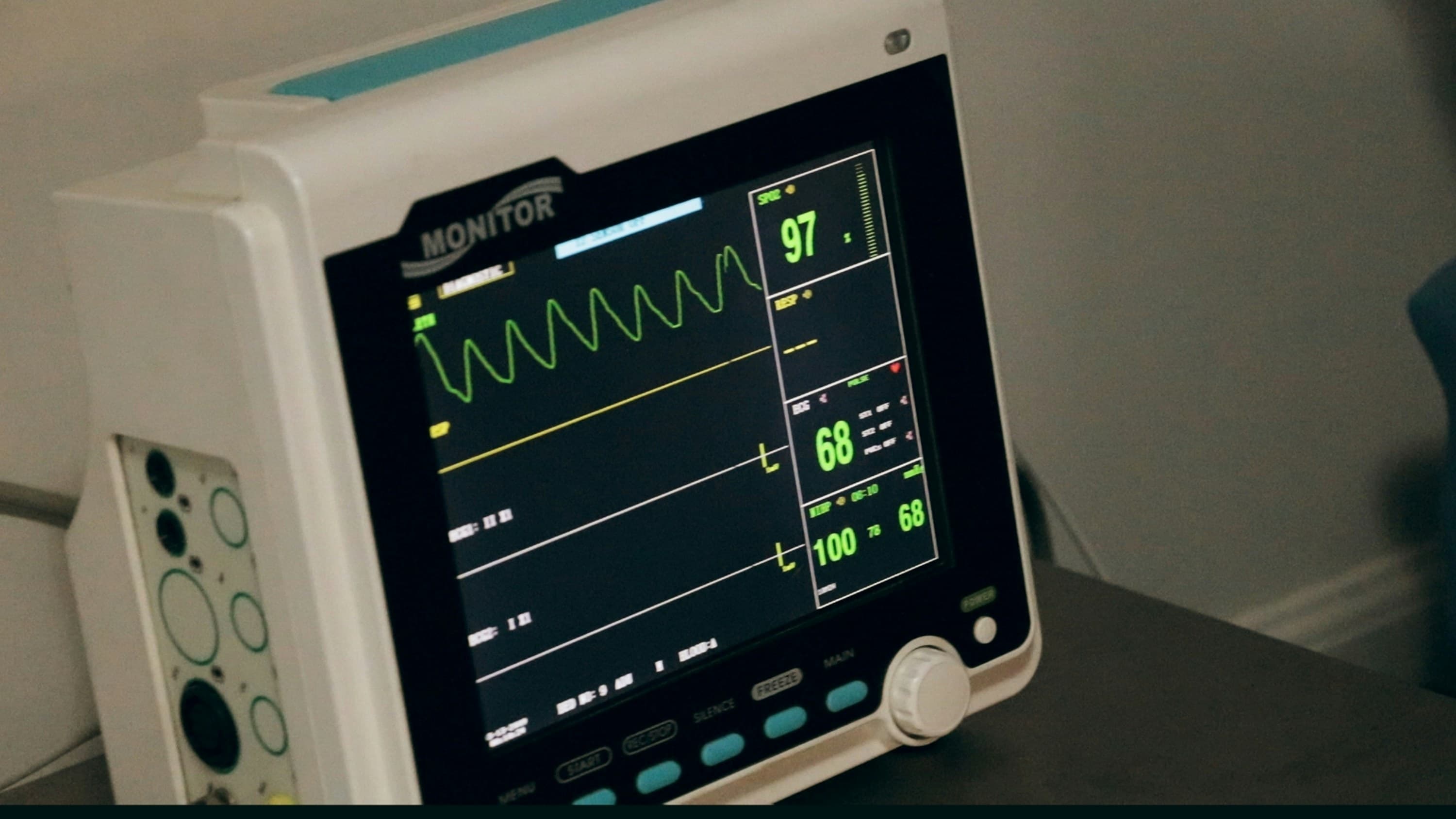
You might have just settled in Portugal, sunglasses on, pastel de nata in hand, and suddenly think, “Okay, but what happens if I get sick ?”. Take a deep breath (it’s going to be fine), let’s break it all down together, clearly, simply, and without boring you (promise !). Here’s what you need to know about the Portuguese healthcare system, both public and private, what’s great about it, and what to keep in mind.
The big picture
In Portugal, the healthcare system is built on three pillars :
- The Serviço Nacional de Saúde (SNS) : the national public health service, universal and accessible to all.
- Social health subsystems for specific professions such as police officers, the military, and banking employees.
- Private healthcare and insurance : you can use these exclusively or combine them with the public system.
Basically, there’s a solid public foundation, and if you want more comfort or speed, you can always go private, your choice !
The public system : what’s great and what to know
The strengths of Portugal’s public healthcare system are many, and it’s fair to say that the Serviço Nacional de Saúde (SNS) is one of the country’s proudest institutions. It covers all legal residents, regardless of income, ensuring access to essential care for everyone. Consultations, exams, and treatments are often free or available at symbolic prices, making it a highly inclusive system.
The result : a generally healthy population with an average life expectancy of around 81 years, not bad, right ?
But of course, it’s not perfect (otherwise it would be too easy !). You’ll sometimes need patience : waiting times for specialists can be long, especially for non-urgent procedures. The family doctor, or “médico de família,” is the key point of entry into the system — they coordinate your care, and you’ll need to register with your local health center to access services. In some rural areas, facilities can be limited, and English or French isn’t always widely spoken. Finally, certain types of care, like dental or eye care, are only partially covered or not at all.
If you’re a new resident, your first step should be to register at your local health center and get your número de utente (yes, that precious little number !). Once you have it, you’ll have full access to Portugal’s public system — reliable, affordable, and, despite occasional delays, pretty efficient !

The private system : when you want “faster, more choice, more comfort”
Private healthcare in Portugal is a bit like trading the bus for a taxi : you pay more, but you choose your destination, your schedule, and you usually get there faster (nice metaphor, right ?). In the private sector, waiting times are much shorter to see specialists or schedule a procedure, sometimes just a few days. It’s also far more flexible : you can choose your doctor, often see the same one each time (a luxury !), and many clinics offer “premium” services like private rooms, four-star-hotel-style care, and multilingual staff. In short, it’s a smooth experience, especially for expats or anyone who prefers a stress-free, language-friendly environment.
But… (because there’s always a but), this comfort comes at a cost and I bet you saw that coming ! The private system is more expensive, and without proper insurance, the bill can rise quickly. It’s worth checking in advance whether your insurance covers medical care in Portugal and reading the fine print (yes, those tiny lines we all skip). And remember, private doesn’t automatically mean “better.” Portugal’s public system is strong overall, so the private option is more of a complement than a must-have.
In short : private means speed, flexibility, and comfort. Public means security, accessibility, and solidarity. The ideal mix ? Use both rely on the solid foundation of the public system and treat yourself to private care when you really need it. Because in the end, what we all want is good health, not more paperwork !
Which one to choose, depending on your situation ?
If you’re on a “reasonable budget and want to go local,” stick with the public system as your base. If you’re “I want speed, choice, and I’ve got insurance,” then private might be for you.
And yes, many people combine the two (myself included), public for essentials, private for comfort.
Overall, Portugal’s healthcare system is good news : a strong public foundation, a complementary private sector, and high overall quality. Sure, there are some quirks (waiting times, dental coverage, language barriers), but generally, it works well. Think of it this way : public care is your safety net, private care is your upgrade “I want choice, speed, and comfort.” And between us, when you’re sitting on a sunny terrace with a coffee in hand, you’ll probably think, “Yes, I’m in good hands here.”
Take care of yourself !
Share this article
Suggested articles

Before putting down your suitcases in Portugal, vaccines, mosquitoes & other medical delights
So that’s it, you’ve decided to drop everything for the Portuguese sunshine, grilled sardines and 80-cent coffee. Excellent choice. But before you picture yourself sipping your vinho verde on a Lisbon terrace, there’s a small detail you’d better not skip: your health.

Private Clinics: Standards and Prices
If there is one area where Portugal quietly excels, it is private healthcare. The country has successfully combined high-quality care, modern technology, and genuine hospitality, creating a model appreciated by both locals and foreign residents. Faced with delays in the public system and the growth of medical tourism, private clinics are booming, particularly in Lisbon, Porto, and Faro.

Health Insurance for Expats: Options and Costs
Moving to Portugal is, for many, the fulfillment of a dream. Sunshine, the sea, gastronomy, and quality of life attract thousands of expats every year. But before diving into the calm rhythm of Portuguese life, one essential question arises: how to ensure proper healthcare coverage?

How to get your número de utente (Portuguese health user number)
If you plan to live in Portugal for more than a few weeks (or even a few months), there’s one phrase you’ll hear sooner rather than later : “número de utente.” It’s also called the “SNS number.” This is your personal ID within the Portuguese public healthcare system (Serviço Nacional de Saúde). Without it, you’re basically a “medical tourist.” With it, you’re officially part of the system you can book appointments at your local centro de saúde (public health center), see a family doctor, go to the ER, and get billed like a local resident. In short, it’s your ticket to public healthcare. So yes, it’s important ! And good news : getting it is totally doable even if Portuguese bureaucracy has a deep love for… paperwork. Lots of paperwork !

Portuguese Pharmacies: A Local Service
In Portugal, the pharmacy is much more than a simple place to buy medicine. It’s a space of trust, a point of reference in daily life, a place where advice, attention, and proximity meet. In both big cities and remote villages, Portuguese pharmacies play a key role in healthcare and in the human connection between professionals and the community.

Medical Emergencies in Portugal: Numbers and How It Works
Falling ill or getting injured abroad is one of those situations no one wants to face. However, thanks to its solid healthcare system and well-trained teams, Portugal handles medical emergencies with professionalism and speed. Whether you are a tourist, an expat, or simply passing through, knowing the right numbers and how the emergency network works can make all the difference.


